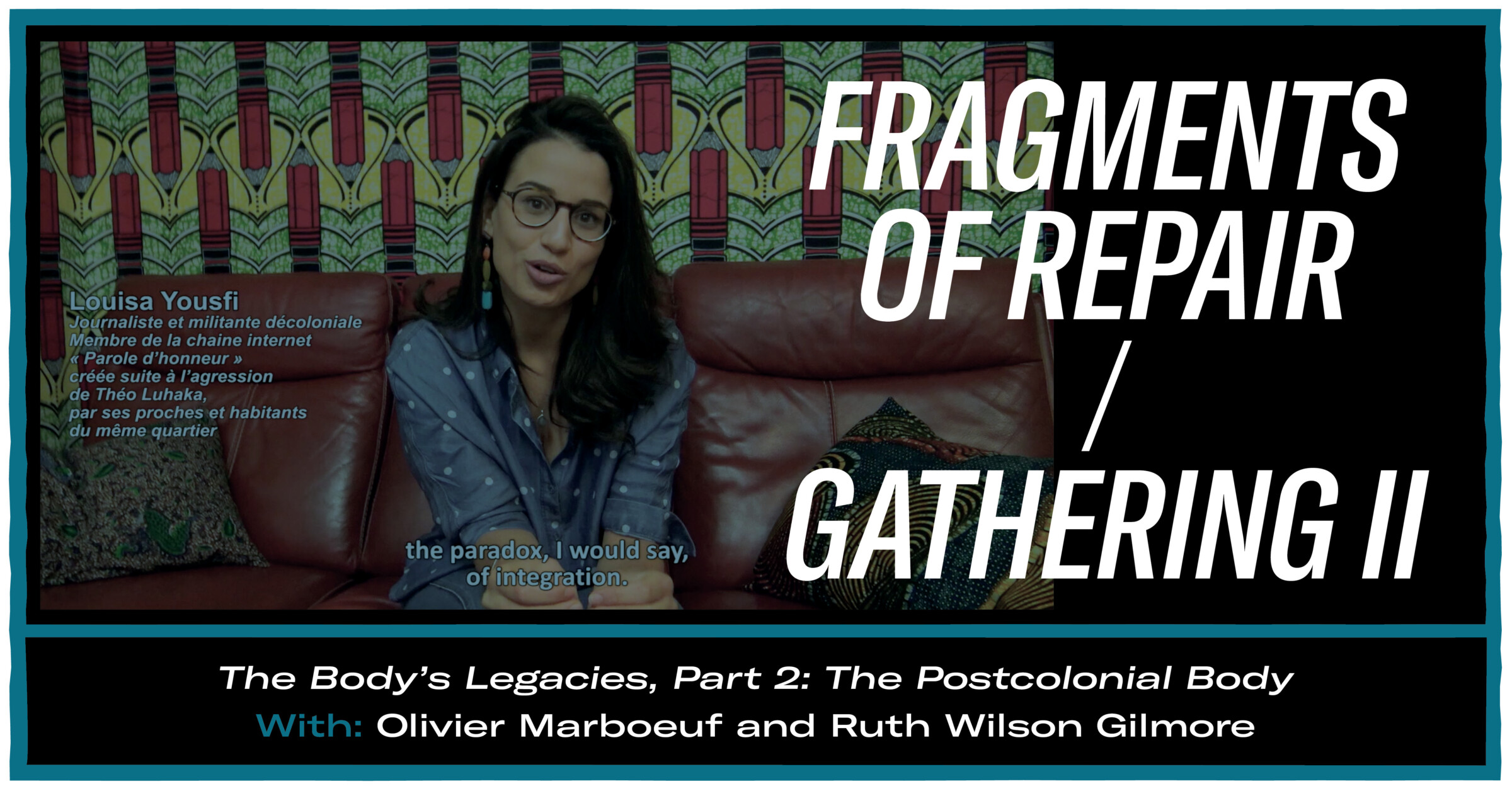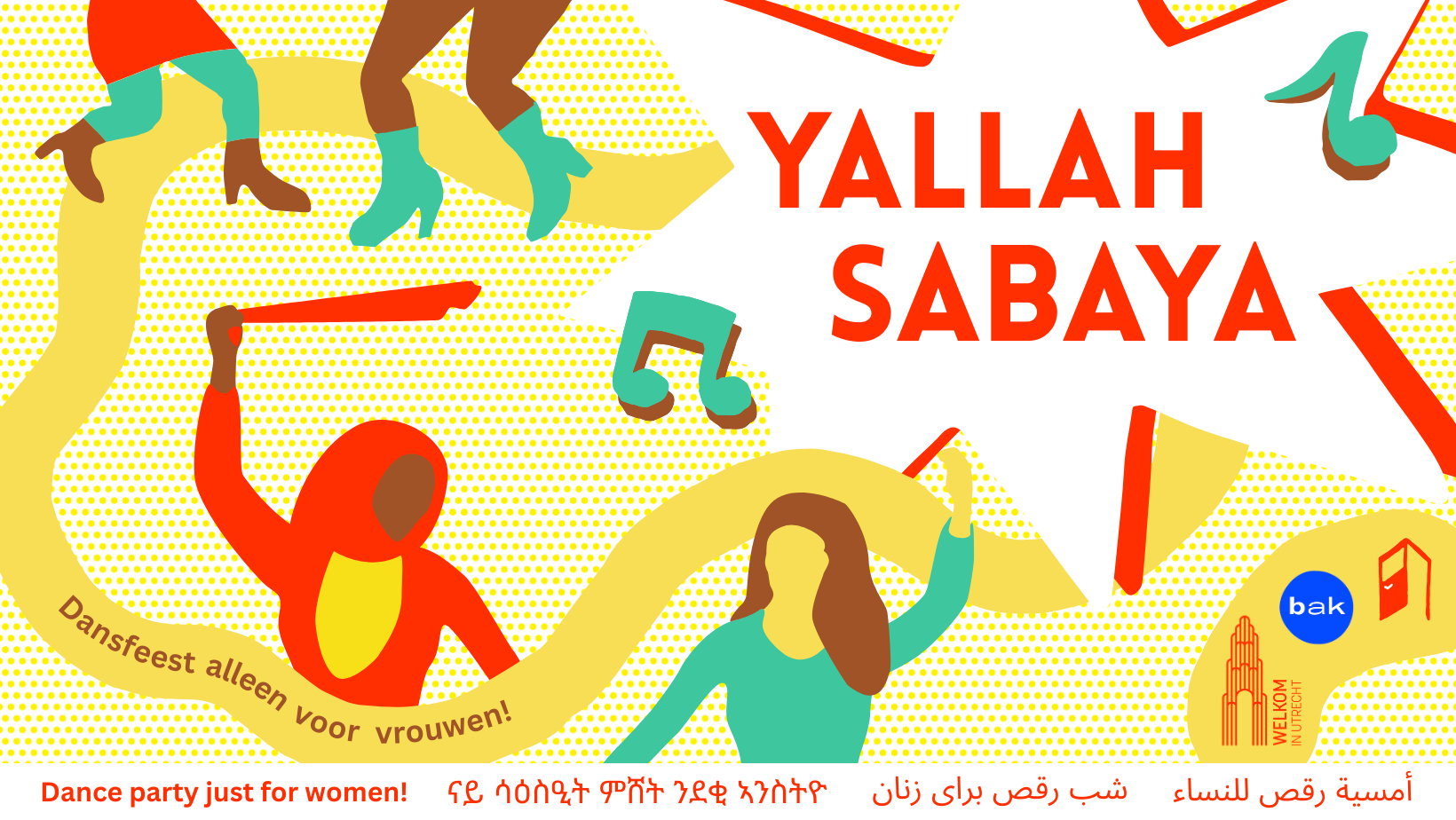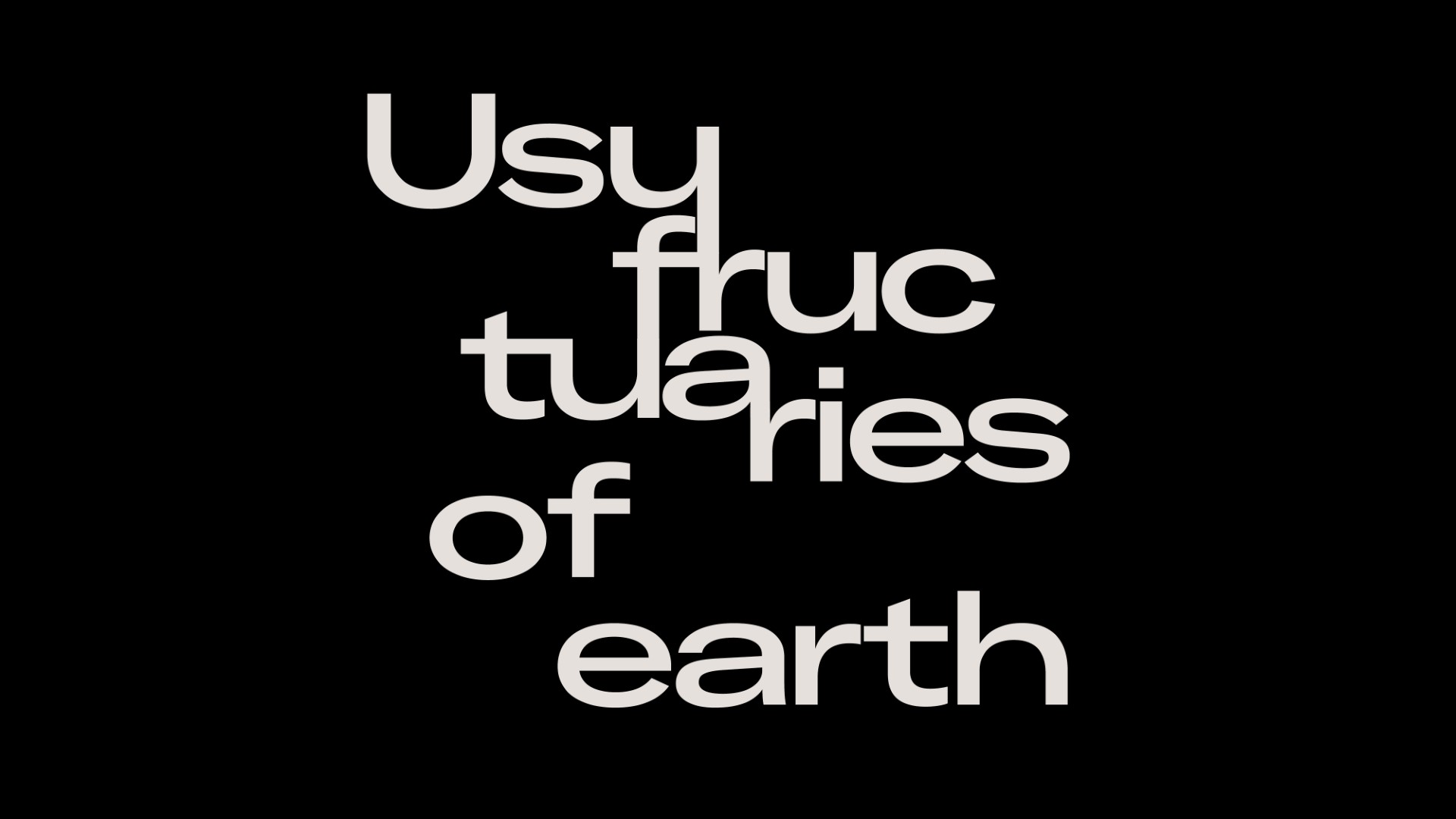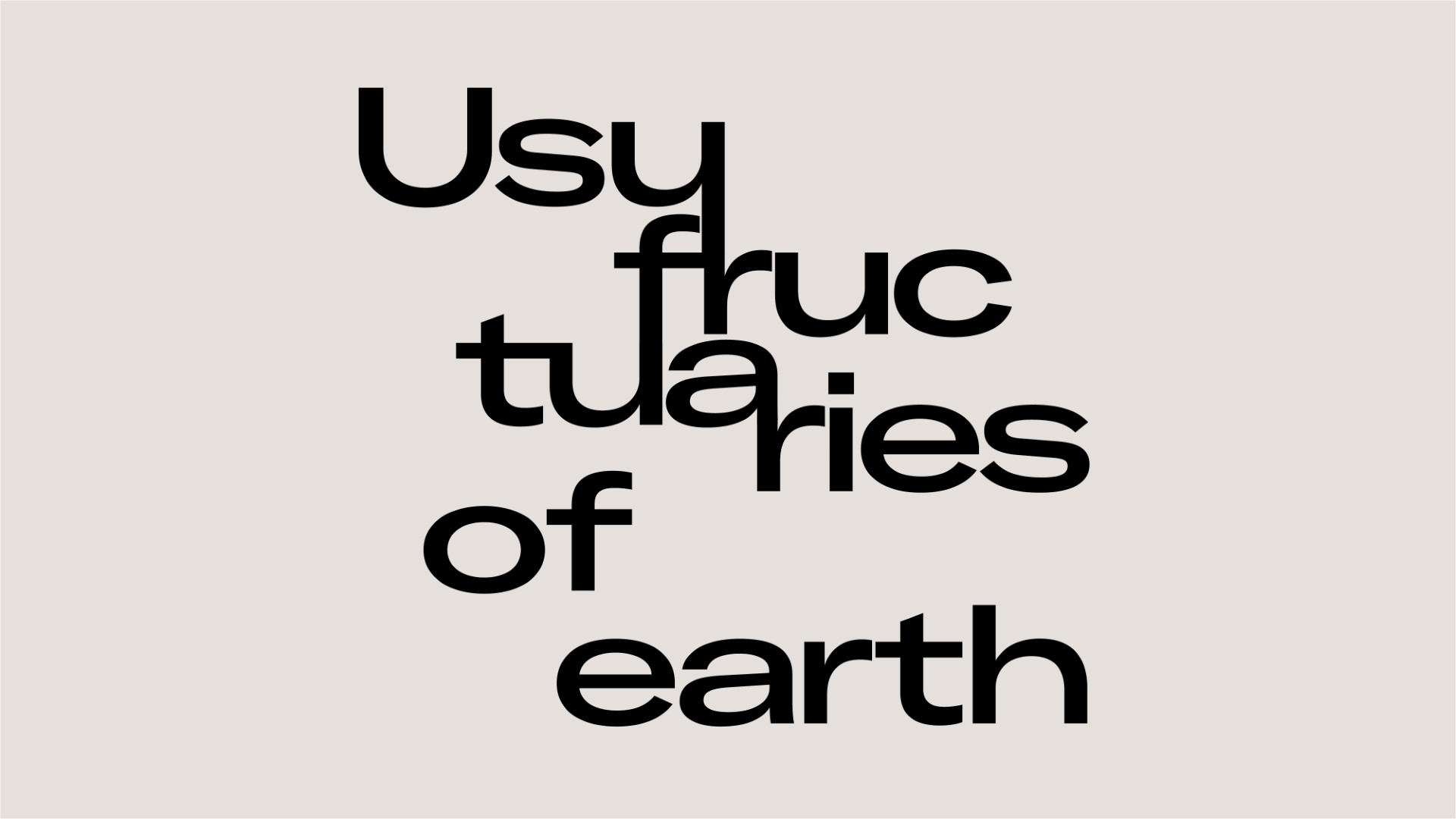Fragments of Repair/Gathering II: The Body’s Legacies, Pt. 2: The Postcolonial Body (online)
A public program realized in the framework of the multi-part project Fragments of Repair

Image: Kader Attia, The Body’s Legacies, Pt. 2: The Postcolonial Body, video, 2018, 48 min., film still / Design: Sean van den Steenhoven
Broadcast live from BAK, Utrecht, La Colonie/La Dynamo de Banlieues Bleues, Pantin, Paris, and Lisbon
Taking place on Sunday 2 May 2021, the second gathering of Fragments of Repair/Gatherings, The Body’s Legacies, Pt. 2: The Postcolonial Body consists of a screening of artist Kader Attia’s eponymous work (video, 2018, 48 min.), followed by a conversation between Olivier Marboeuf (writer, critic, and curator, Paris) and Ruth Wilson Gilmore (abolitionist scholar and activist, Lisbon).
The Body’s Legacies, Pt. 2: The Postcolonial Body tackles police violence and racial body politics in postcolonial France. Throughout the work four decolonial thinkers and activists—among whom Marboeuf—share thoughts around the subject of the individual and collective racialized body. The exchange pivots around a concrete, devastating instance of racially motivated police aggression where a young man of Congolese descent, Théo Luhaka, was assaulted by police officers following a race-based identity check in a Parisian banlieue in 2017.* Weaved through personal recollections, philosophical perspectives, and sociological scrutiny, there emerges an unambiguous account of present-day police brutality and institutional racism. This powerful testimony of systemic oppression of Black lives draws a straight line from historical colonialism into the present and throws into crisis the self-congratulatory western narrative of progress and reason that has led to contemporary democracy with its supposed all-encompassing equity.
This is an online program, accessible via Zoom and bakonline.org
Recorded livestream of this online program (excluding the film):
Registration
There are several ways to join the gathering. Please join us free of charge by selecting the “solidarity ticket” option. If you are able and willing to support BAK’s program’s financially, please consider selecting the “regular ticket” (€ 4) or ” student ticket” (€ 2) option. In the check-out screen, additional donation options (starting from €2) to support BAK are available.
Register via BAK’s ticketshop – link.
After registration, you will be sent the link to the Zoom webinar.
This is the second gathering of Fragments of Repair/Gatherings, a hybrid off- and online series of lectures, conversations, screenings, and assembly forums around the theory and practice of “repair”, streamed from BAK, Utrecht, La Colonie/La Dynamo de Banlieue Bleues, Pantin, Paris.
Fragments of Repair/Gatherings takes place in the framework of Fragments of Repair, a multi-part project convened by BAK, basis voor actuele kunst, Utrecht with artist Kader Attia and decolonial forum La Colonie, 17 April–1 August 2021.
*Please note that the work contains graphic video surveillance footage of the assault on Théo Luhaka. Although we at BAK are aware and take part in the ongoing public conversation about the circulation and reproduction of violent images that may have potentially harmful effects, we have chosen to include the work due to this footage’s galvanizing effect on the French left in the struggle against police brutality.
**Solidarity tickets are meant for those who would otherwise not be able to join in.



